Keynote Lectures
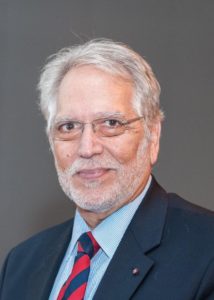
- Dr. George P. Chrousos (National and Kapodistrian University of Athens, GR)
- Sunday, 14 September
- 18h00 – 19h00
Stress is defined as a disturbance in the dynamic equilibrium or homeostasis of a complex system, such as the human organism. A stressor is the force that causes this disturbance, while the adaptive response is the internal force that restores its homeostasis to the normal level. In humans, the adaptive response is mediated by a specialized system in the brain and body, known as the stress system, which is activated in a time-limited fashion to help us cope with stress when a stressor of any type exceeds a certain threshold. Chronic activation of the stress system unfortunately causes the chronic stress and inflammation syndrome, which represents the background of all the chronic noncommunicable diseases, renders the organism vulnerable to certain infections and accelerates aging. Aging is a complex biological process influenced by genetic, epigenetic, and environmental factors, ultimately leading to a gradual decline in cellular and organ function and finally death. There is evidence of genetically programmed aging, including a theoretical lifespan of up to 130 years, defined by the regenerative limits of adult stem cells. There are two periods, during the fifth and seventh decades of life, when aging appears to accelerate, likely due to genetically timed epigenetic shifts. We know of over 10 discrete molecular mechanisms of aging and all of them are worsened by the presence of chronic stress.
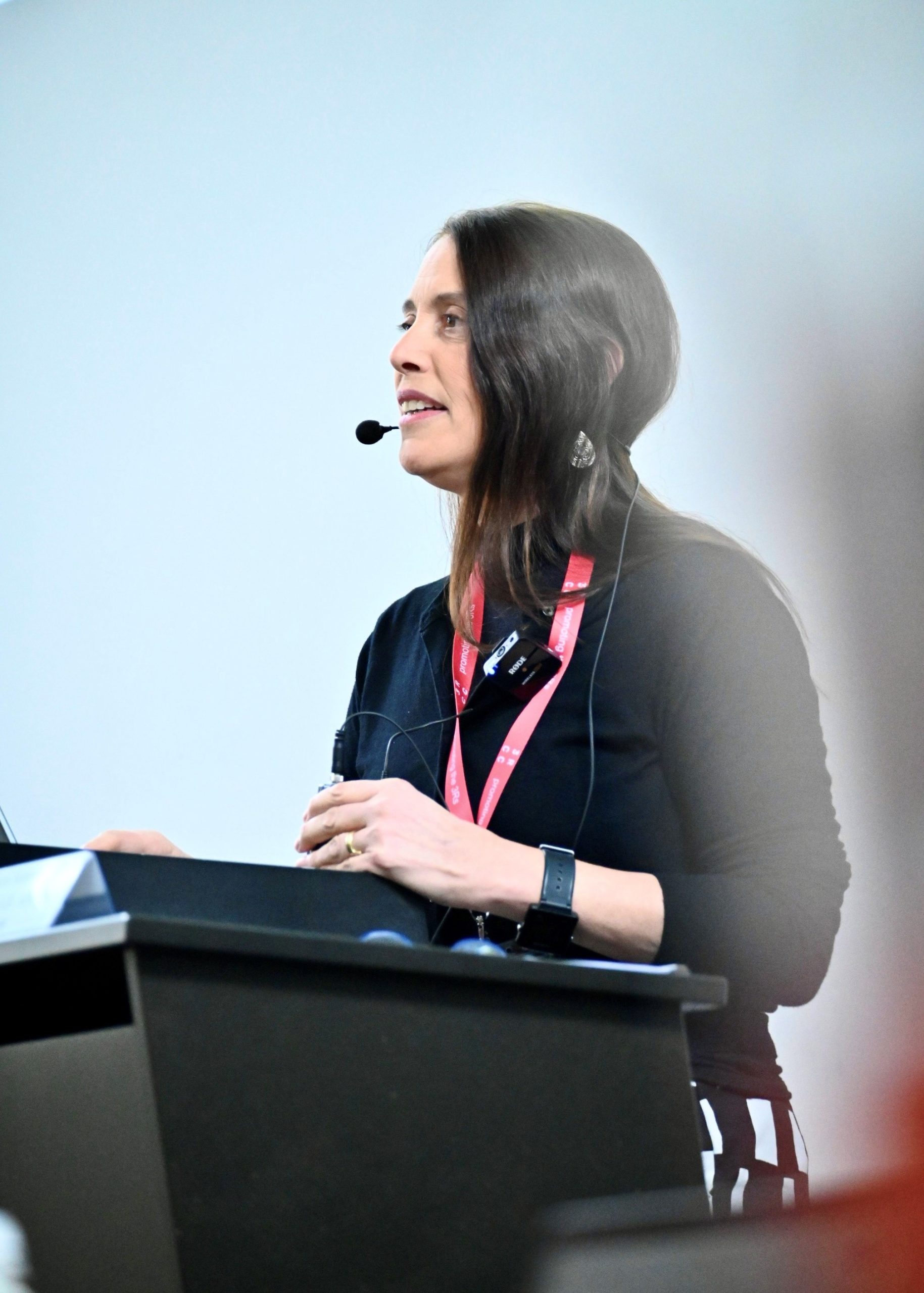
- Prof. Laura Suter-Dick (School of Life Sciences (FHNW), CH)
- Monday, 15 September
- 08h30 – 09h30
The liver is a major site for xenobiotic-induced toxicity and in vitro systems often focus on the hepatocyte. However, multicellular 3D-systems are better suited to reflect some types of toxicities such as immune-mediated responses and liver fibrosis. Immune-mediated liver toxicity may involve Kupffer cells or Hepatic sinusoidal cells (LSECs). Liver fibrosis involves a series of key events described in the adverse outcome pathway (AOP) #38, based on the interaction of at least three cellular players: hepatocytes, Kupffer cells, and hepatic stellate cells. Hence, complex in vitro systems are required to assess these effects. For example, 3D-co-culture spheroid models can reproduce a fibrotic phenotype and mimic the key events characteristic of the liver fibrosis AOP (hepatocellular damage, activation of Kupffer cells, activation of stellate cells and deposition of extracellular matrix). However, in these complex systems it is difficult to understand the contribution of each cell type to the observed response. Studies implementing co-cultures, monocultures, and cell-type specific endpoints such as cellular respiration and release of miRNAs can help better discern the specific involvement of target cells. As specific examples, we evaluated the effects of methotrexate and the response to adeno-associated viruses (AAVs) of several liver cell types.

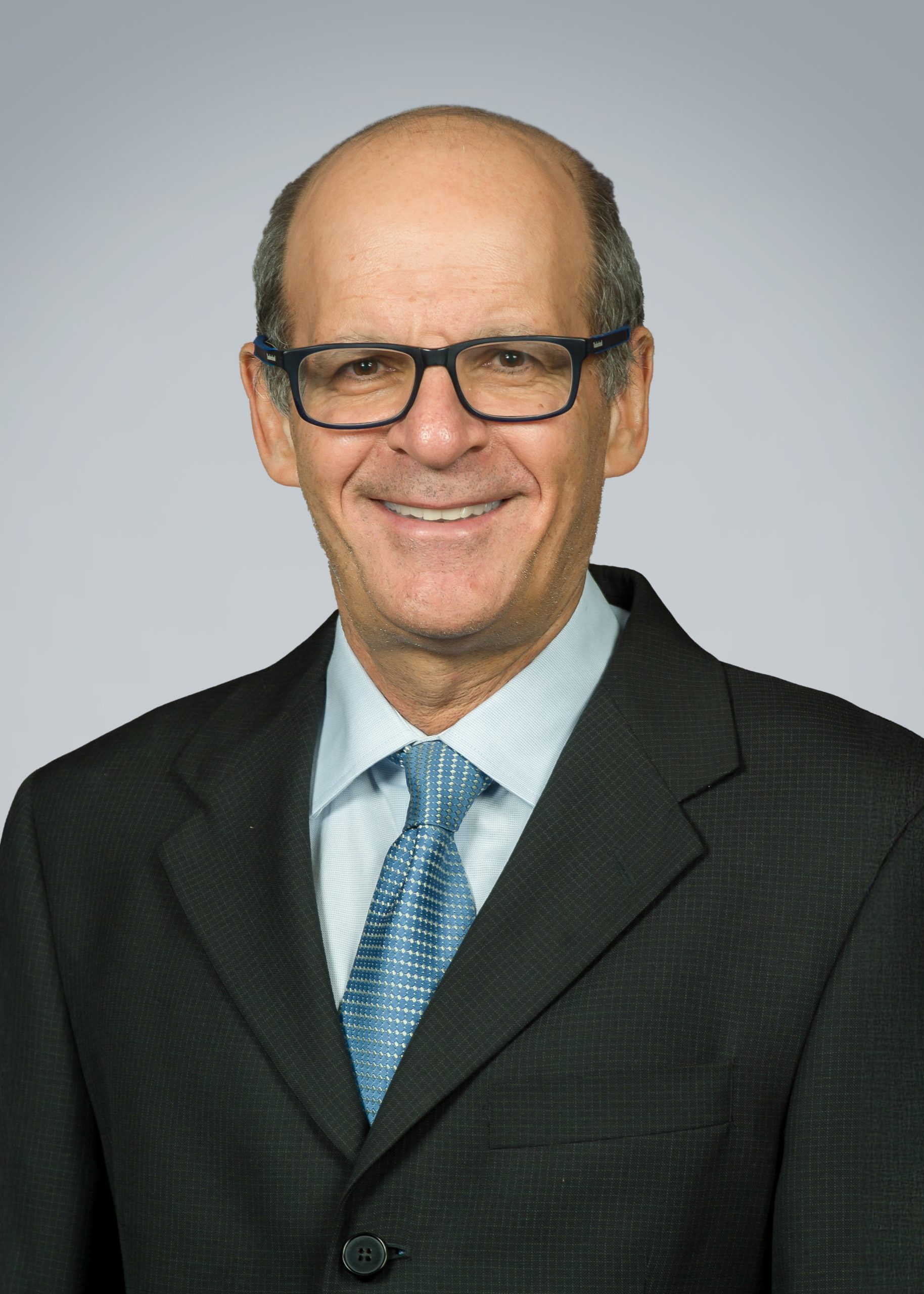
- EUROTOX Debater: Prof. Ulf Olofsson (Royal Institute of Technology (KTH), SE)
- SOT Debater: Michael Aschner (Albert Einstein College of Medicine, US)
- Monday, 15 September
- 13h00 – 14h00
The annual SOT/EUROTOX debate features leading toxicologists presenting contrasting perspectives on a controversial or pressing issue in toxicology. The debate began in the early 1990s and has been a highly anticipated event ever since.
This year, the debaters will address the proposition, “Are Electric Vehicles Actually Bad for the Environment?” The debaters will introduce the issues that should be considered in weighing the costs and benefits of electric vehicles to the environment. Critical to this debate are considerations of emissions, natural resources, energy consumption, cost, and lifecycle. Relevant questions include:
(1) What are the most important factors for evaluating the environmental impact of gas versus electric vehicles?
(2) What is the environmental impact of electric vehicle batteries?
(3) What populations are most impacted in the switch to electric vehicles?
(4) How can risk be compared across the entire lifecycle of the materials?
(5) How do extraction processes for fossil fuels versus electric vehicle battery materials differ?
In addition to inclusion as a Keynote Lecture at this meeting, this debate took place already (with the debaters having taken the reverse positions) in Orlando, US, during the 2025 SOT Annual Meeting, March 16–20.
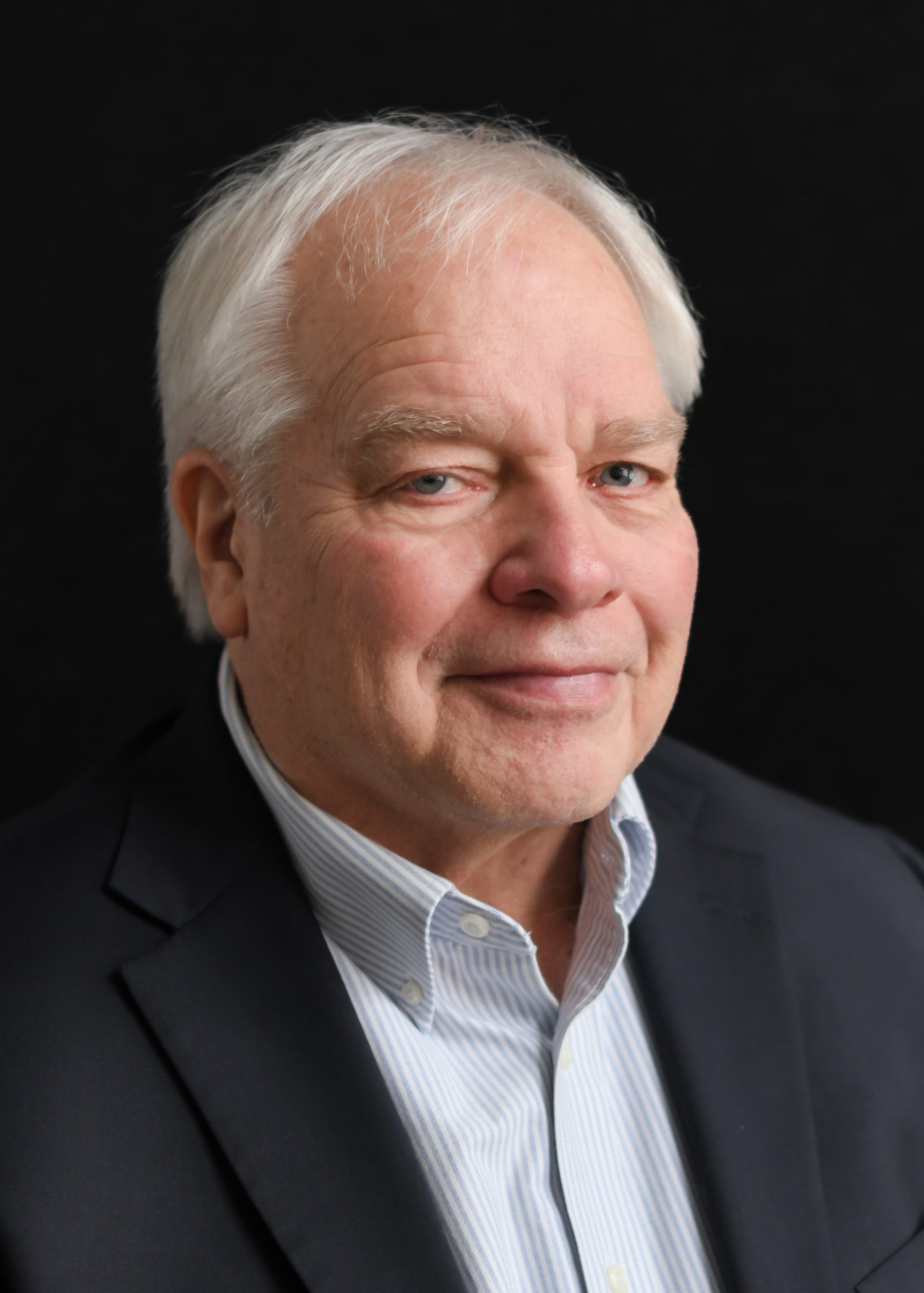
- Dr. James Klaunig (Indiana University, US)
- Tuesday, 16 September
- 08h30 – 09h30
This year, 2025, marks the 5th decade of my initiation into carcinogenesis research. Work in my laboratory has focused on understanding the mechanisms by which environmental and pharmaceutical chemical agents induce cancer. We have focused on the liver as the target organ, given that it is the predominate site of eoplasms induced by chemical in chronic rodent bioassays. Our work has utilized a multistage, multistep liver tumor model as the foundation for dissecting the key events of the carcinogenesis process in the liver. Historically, it was assumed that all chemical carcinogens were genotoxic/mutagenic in action producing DNA damage and mutation of key growth regulatory genes resulting in neoplasia. However, subsequent studies revealed that this simplest approach was not apparent seen with many agents that produced cancer in rodents and humans.
While a mutational event is needed for neoplasia, the induction of cell proliferation by the carcinogen in the target tissue has been shown to be of utmost importance in the neoplastic process. In the case of liver carcinogenesis, the induction of cell growth either through increased cell proliferation or decreased apoptosis. In the liver this can occur through a mitogenic stimulus (nuclear receptor mediated) or through compensatory hyperplasia subsequent to cytotoxicity. My lab has combined these mechanistic concepts with the pathology of the multistep liver carcinogenesis process to further develop a mode of action approach. The importance of the multistep concept is that each step is defined by molecular and pharmacological attributes of the carcinogen and mechanisms. Therefore, each step has dose response and threshold characteristics that need to be considered for the entire neoplastic process to occur. We are faced to with an increasing number of new and untested chemicals that require proper risk evaluation for cancer. This coupled with the approach to reduce the animal usage in testing and the development of more molecular and cellular knowledge of the biological processes has put additional stress on developing modalities to properly perform cancer risk assessment. Although there is a tendency to streamline the process, it is important to note that proper risk evaluation is not easy and requires the input of multiple discipline and expertise. Understanding the mechanism(s) of chemical carcinogenesis in the context of the multistage model is important in developing scientifically based human risk evaluation of potential chemical carcinogens. In considering carcinogen risk evaluations several concepts need to be addressed based on Bradford Hills criteria.
The development of a mode of action framework 20 years ago was an important step in utilizing the Bradford hill approach to chemical risk assessment. It is important that we as scientists don’t default to poor science in an attempt to perform simpler and faster cancer risk assessment. The public and regulators in particular, need to have confidence that the evaluation of cancer risk is founded in proper science.
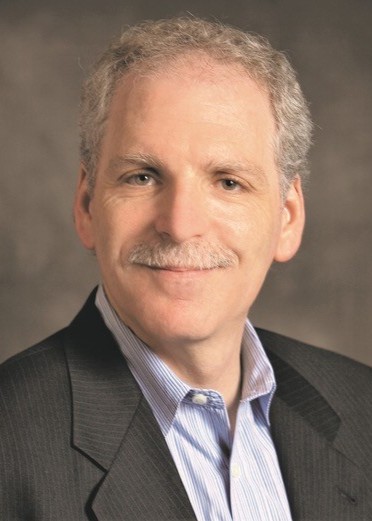
- Steven M Levine (Dassault Systèmes, US)
- Tuesday, 16 September
- 13h00 – 14h00
Animal testing and traditional in vitro assays have guided safety assessment for more than a century, but their predictive power for human outcomes is limited. New human-based microphysiological systems (MPS), including liver spheroids and organoids can reproduce important events such as hepatotoxicity, fibrosis, and immune-mediated injury, yet cannot fully resolve the roles of individual cell types or capture whole-organ variability.
Virtual twins, which are mechanistic, human-specific, auditable computational models can now offer the opportunity to integrate molecular to MPS data into systemic and ultimately individualized predictions. By embedding experimental insights into validated, multiscale physiological frameworks, virtual human twins can quantify uncertainty, expose risks earlier, and generate claims-based evidence that regulators and industry can trust.
This keynote will highlight lessons from aerospace and the FDA-engaged Living Heart Project, and outline how regulators, pharma, modelers, and experimental scientists can align on guardrails to accelerate adoption, reduce inefficiencies, and deliver safer, more human-relevant outcomes.

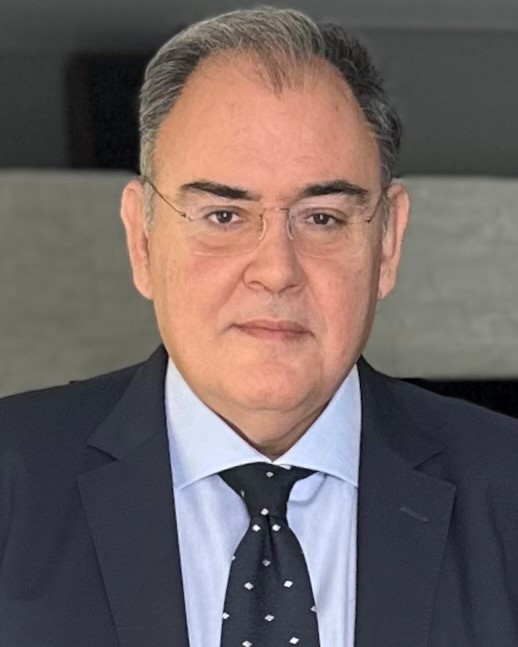
- Prof. Dimosthenis Sarigiannis (National Hellenic Research Foundation, GR)
- Wednesday, 17 September
- 08h30 – 09h30
Purpose: To demonstrate how the exposome can deliver decision-grade, life-course evidence across a broad chemical universe—encompassing environmental contaminants, consumer-product ingredients and industrial chemicals—and to show how this evidence translates into prevention targets and policy.
Methods: Building on developments and results of past and running exposome and chemical risk assessment projects (HEALS, ICARUS, URBANOME, PARC, ENVESOME), we propose a comprehensive methodological pipeline that integrates: (i) generic lifelong PBPK/PBBK models to translate multi-route, multi-chemical exposures (inhalation, ingestion, dermal) into internal dosimetry across developmental stages; parameterisation leverages QSAR/read-across, Bayesian calibration to human biomonitoring, and mixture kinetics. (ii) Human-centred exposure modelling that fuses wearables and indoor/outdoor multimedia fate with agent-based activity and product-use profiles, capturing microenvironments (home, work, transport) and socio-spatial heterogeneity. (iii) High-resolution mass spectrometry (suspect screening and non-target analysis), effect-directed assays, adductomics and multi-omics readouts mapped to AOP networks to connect external dose with early biological effects. (iv) Causal mixture analytics (e.g., g-methods, BKMR, WQS) and target-trial emulation under compute-to-data/federated learning to respect governance of sensitive health and product data. (v) Decision engines that run intervention scenarios (safe and sustainable chemical innovation, substitution, reformulation, procurement, ventilation/filtration, dietary shifts) and rank options by attributable risk, benefit-cost and equity.
Results: Across European cohorts and cities, the pipeline resolves contributions from persistent and semi-volatile organics (PFAS, phthalates, bisphenols, flame retardants), pesticides, solvents, metals, indoor emissions and air pollutants, alongside chemical mixtures arising from food, drinking water, dust and personal-care products. It quantifies window-specific vulnerabilities (preconception, pregnancy, infancy, adolescence), sex-specific differences, and high-impact microenvironments. Federated analyses enable cross-site generalisation and full bias/calibration audits without centralising personal or proprietary data. Scenario tests show that targeted chemical substitution and indoor-environment controls often deliver larger near-term health gains than uniform ambient measures, while combined strategies maximise equity by reducing exposures in disadvantaged groups. Outputs include decision-grade internal-dose and effect-biomarker metrics, mixture-aware hazard indices and auditable uncertainty bounds suitable for regulatory uptake.
Conclusions: The exposome becomes operational for regulators and public-health agencies when mechanistic dosimetry, discovery-oriented analytics and data-proximate causal inference are implemented under Good Exposome Practices and EHDS-aligned governance. Priorities include mixture-ready PBPK libraries, standardised reporting/validation, routine compute-to-data for confidential datasets, and embedding exposome metrics into prevention targets for vulnerable populations—turning complex chemical realities into tractable, actionable and equitable protection.
